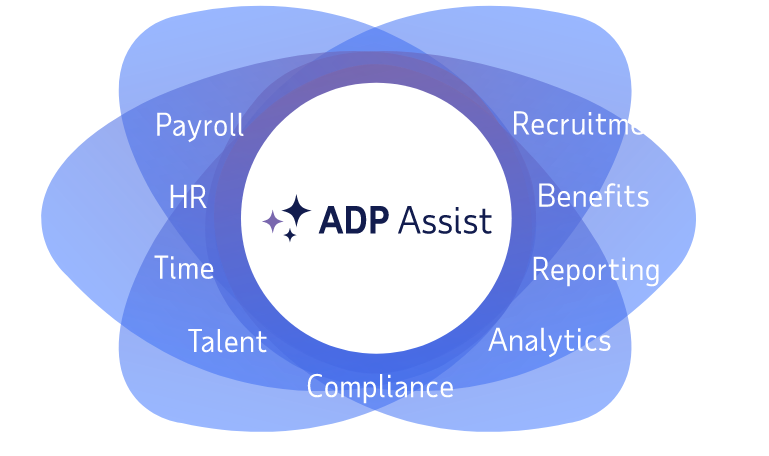By Kelly Main, Inc. (TNS)
We’ve all heard that a job interview is a lot like a first date, and since hiring managers’ dirty little secret was revealed, this seems to be more true than ever.
To decide where to apply, who to interview, and who to date, we comb through our little black books of online profiles. We size each other up online before ever deciding to meet and when we do meet, we dig through our wardrobes to find the perfect outfit, primp our hair, and check our teeth for spinach. We put our best foot forward and we hope to make the person across from us forget about all the other candidates.
Of course, unlike a date, drinking during an interview is generally frowned upon. However, if that were not the case with “truth serum,” HR may not have such an issue with honesty.
In fact, a lack of honesty is becoming a problem in the hiring process, and not only for candidates who want the job but also for hiring managers who want to rope candidates into accepting the job.
According to a recent survey by the Work Institute, nearly 40% of hiring managers admit to lying to candidates about the role, its responsibilities and its potential advancement opportunities. Whether it’s a “white lie” or an honest mistake, it’s not just costing new hires their happiness.
It’s costing employers thousands who are left with unhappy staff, poor employee morale and a higher employee turnover rate. While there are a number of surprising reasons employees quit, the result of deceiving candidates is no surprise-yet it’s also surprisingly easy to avoid.
Get the right answer rather than trying to say the right thing
Everyone can’t know everything. But in an effort to try to have all the answers, even well-meaning hiring managers may give the answer they hope to be true.
After all, they can speak to their experience with advancement opportunities, the corporate culture they’ve experienced, or their work-life balance. But their experience may not be the same as the next person’s—never mind what that other person is in a whole different role.
According to Psychology Today, more than one-third of new hires quit within the first 90 days. One of the leading reasons why, a study by Korn Ferry shows, is because employees often feel as though the hiring manager did not accurately depict the role or company.
When nearly 40% of hiring managers admit to lying to candidates it’s not surprising that a high number of new hires feel deceived and quickly quit their new positions. So instead of trying to say the right thing, hiring managers should get the right answer.
Set realistic expectations
One easy way to help eliminate the gap between expectations and reality is to set realistic expectations. For example, rather than simply saying that the company has a good workplace culture, illustrate it with examples. By telling candidates what it entails, it more accurately tells a candidate whether it’s the type of environment they would enjoy.
Another way is to add more definitive data around your responses.
For example, another leading reason employees report quitting is due to a lack of advancement opportunities, according to the U.S. Chamber of Commerce. During an interview, a hiring manager might say there are plenty of opportunities—and this may very well be true—but if the candidate isn’t aware of the tenure required to reach their ideal position, then they feel as though it’s out of reach and that they don’t have many opportunities to advance in their career with this company.
The hiring manager’s job doesn’t end when a new hire is onboarded
To set realistic expectations, hiring managers need to have a realistic perspective on what the realities of the role actually entail and emphasize that during the interview. It’s something many of the nation’s most sought-after employers do—and it’s the brilliant reason behind Apple’s bizarre interview question.
The problem is that many hiring managers seem to forget the conversations they had during the interview once a new hire is onboarded. So stay tuned into what’s going on with those you hire and help keep them on the path you previously discussed.
Whether hiring or dating, the truth may not always paint the prettiest picture. But in the long run, it doesn’t matter how great something initially appears if it was all smoke and mirrors. In business, it leads to unhappy employees and higher turnover rates—a big price to pay for “little” white lies.
_______
(c) 2023 Mansueto Ventures LLC; Distributed by Tribune Content Agency LLC.
Thanks for reading CPA Practice Advisor!
Subscribe Already registered? Log In
Need more information? Read the FAQs




